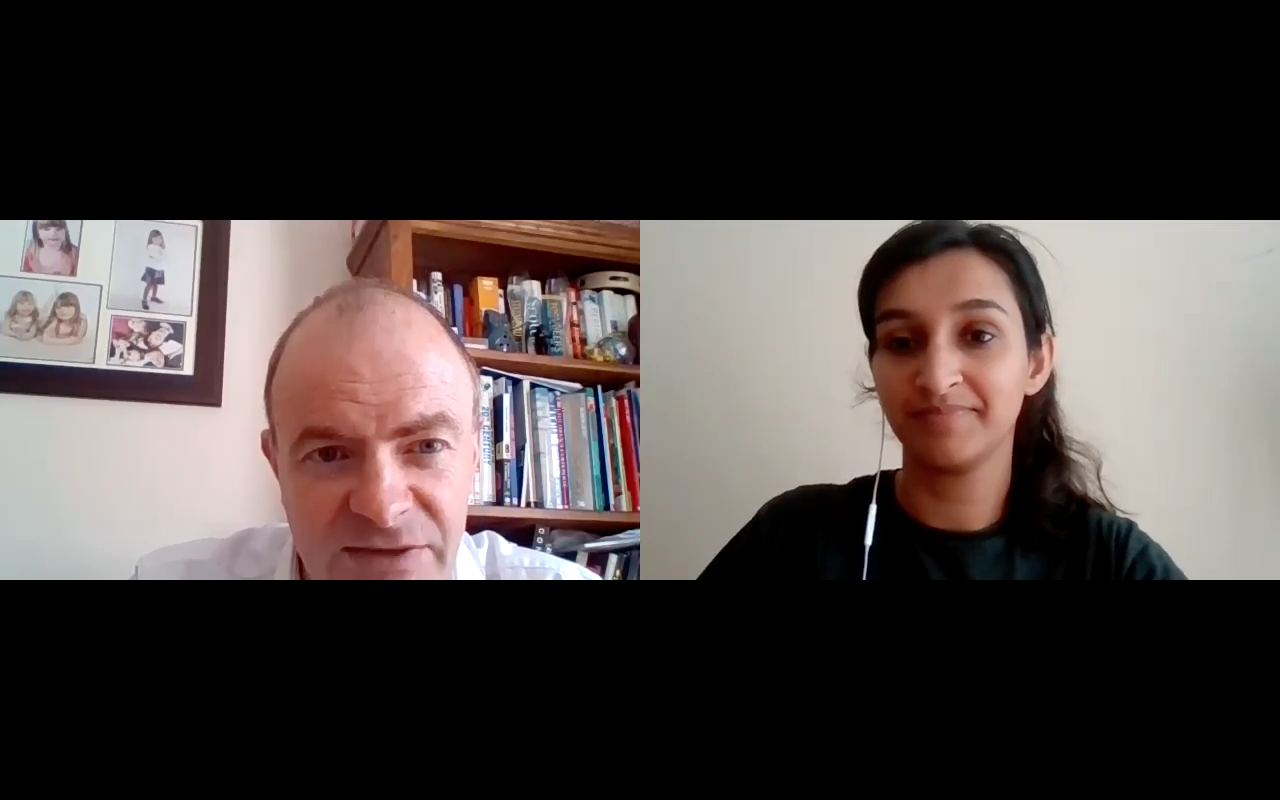With pandemic-induced measures in full swing across the world, the Parole Board has not been immune to the impact of remote working. In the latest episode of UNJUST, I speak to the CEO of the Parole Board and prison lawyers to learn about how decisions are made by the parole board and to what extent ‘the new normal’ of remote working is affecting prisoners and the wider parole system.

Martin Jones of the Parole Board in conversation with Aqsa Hussain
The recent release of Wendell Baker on parole sparked public outrage. How could a man convicted of beating and raping a 66-year-old be cleared to return to society by the Parole Board?
As Martin Jones, CEO of the Parole Board, put it, the decision to release anyone is ‘not a decision that is taken lightly’. The main question that the parole board address when considering a prisoner’s case is whether that ‘person’s continued imprisonment remains necessary for the protection of the public?’ That, coupled with the ‘concept of redemption being extremely important’, is how the parole board arrive at their decision as to whether a prisoner should be released on parole.
With over 25,000 decisions made by the parole board every year, he tells me that less than 1% of those released go on to commit serious crimes. Despite these small odds, the Parole Board has always been subject to intense scrutiny with notable cases, such as those of John Worboys and Usman Khan, calling their decision-making into question.
During the pandemic, this scrutiny is no different. Since the end of March 2020, Jones made the decision to pause all face-to-face hearings and rely on a combination of remote hearings and intensive paper reviews. Telephone and video hearings were ramped up to ensure that prisoners were still able to have their cases heard for parole. Whilst the rest of the criminal justice system seems to have ground to a halt with a massive backlog of court cases, the parole board seems to have embraced the remote working model, continuing to get through cases at the same pre-pandemic rate. ‘We are progressing more cases than we ordinarily would…(with) the number of releases on par with what we would expect,’ says Jones. He expects that this trajectory will continue throughout the pandemic.
Dean Kingham and John Turner, both prison lawyers from Swain & Co Solicitors, describe their experiences of conducting remote parole board hearings. Although they recognise the challenges facing the Parole Board, they point to numerous issues which remain unresolved.
Turner finds the remote parole board process ‘incredibly frustrating’ due to the many technical difficulties which occur on a regular basis on telephones or online. He also speaks about a lack of approved living accommodation available for prisoners as well as problems with the availability of parole officers and other provisions in place outside of the prison which would facilitate his client’s reintegration into society. He attributes these in part to the pandemic: ‘It feels like we’re coming up against more obstacles than ever before.’
Kingham explains that many cases are complex and need to be done face-to-face. He finds it problematic that important decisions concerning a prisoner’s liberty are now made without the parole board seeing and engaging with the prisoner and having the opportunity to properly assess complex emotions such as remorse.
Without face-to-face hearings, he says: ‘You dehumanise the prisoner.’ He also refers to the fact that where there are victims involved in the parole process, it may be difficult for them to give their evidence via online or telephone means without the proper support in place. Kingham says: ‘For public confidence in the system, there’s a need to have face-to-face hearings.’
Jones remains confident that these implemented measures which include greater use of telephone and online hearings are positive and likely to stay even once the public health crisis is over. He proudly says: ‘If you can make good decisions during a crisis period, you should be able to make good decisions during normal running as well.’







